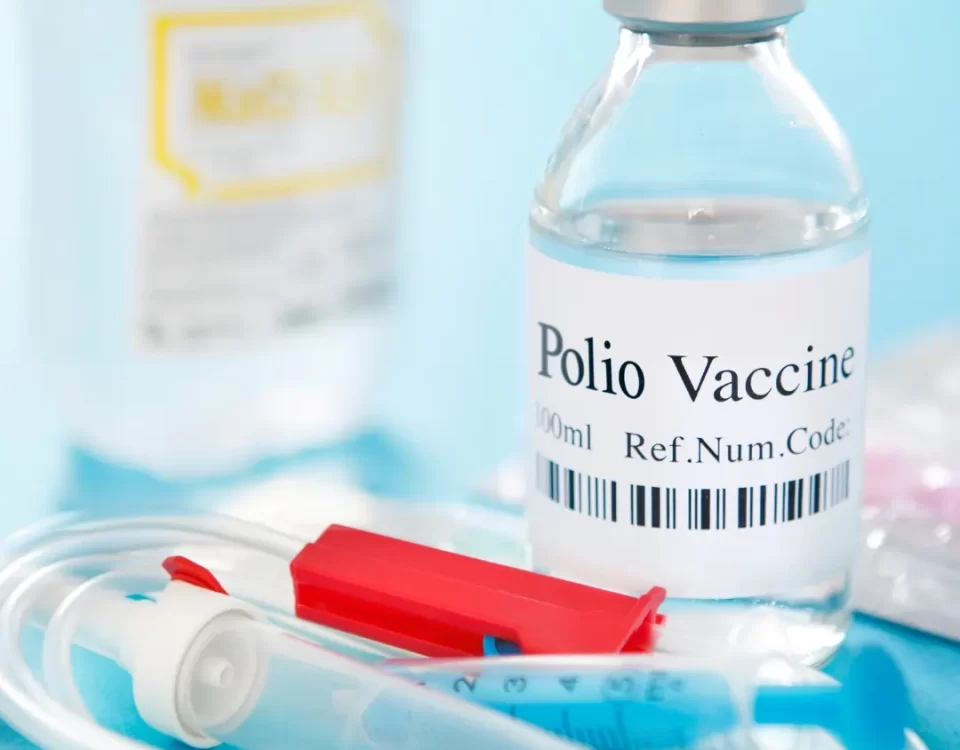
How to Find the Best Pediatrician in Wellington for Your Baby or Toddler
April 29, 2025
Why Palm Springs is Home to the Best Pediatric Care?
May 30, 2025How to Get Ready for a Hurricane or Tropical Storm in Florida
Summer in Florida is more than just beach days and sunshine—it also marks the beginning of hurricane season. With warm ocean waters and unpredictable tropical systems brewing in the Atlantic, Florida families must stay alert and be ready. Whether you’re a lifelong Floridian or new to the state, preparing for hurricanes and tropical storms should be a top priority during summer.
Why Preparedness Matters
Hurricanes can bring high winds, heavy rainfall, flooding, storm surges, and extended power outages. Even a weaker tropical storm can disrupt daily life for days or weeks. While we can’t control the weather, we can ensure our families are as safe and comfortable as possible during these storms.
Have a Family Hurricane Preparedness Checklist
Create a disaster supply kit well before a storm is in the forecast. Your kit should sustain your family for at least 3 to 7 days without access to electricity, clean water, or stores.
Essential items include:
• Water: At least one gallon per person per day. Don’t forget pets!
• Non-perishable food: Canned goods, peanut butter, protein bars, dried fruit, etc.
• Manual can opener
• Flashlights and extra batteries
• Battery-powered or hand-crank radio (NOAA weather radio is ideal)
• First aid kit
• Medications: Prescription and over-the-counter (stock at least a week’s worth)
• Personal hygiene items: Wipes, hand sanitizer, toothbrushes, feminine products
• Cash: ATMs and card readers may not work during outages
• Cell phone chargers and power banks
• Important documents: Insurance policies, ID, medical records (keep them in a waterproof container)
• Blankets and clothing for each family member
• Basic tools: Wrench, pliers, duct tape
• Garbage bags and plastic sheeting (for emergency repairs)
• Pet supplies: Food, leash, crate, vaccination records
Prepare Your Home at the Beginning of Summer
Florida homes are often built with storms in mind, but there’s still plenty you can do to reduce damage:
• Check your shutters: If you have hurricane shutters, make sure they’re functional, and you know how to use them. If not, pre-cut plywood can work in a pinch.
• Trim trees and remove weak branches to reduce the risk of flying debris.
• Clean gutters and downspouts to prevent flooding.
• Secure outdoor items: Bring patio furniture, grills, toys, and decorations.
• Inspect your roof and fix any loose shingles or weak spots.
• Know how to turn off utilities (water, gas, electricity) if instructed.
• Install surge protectors for electronics and appliances.
• Seal windows and doors to prevent water from seeping in.
Have an Evacuation Plan (Just in Case)
Even if you plan to ride out a storm at home, it’s essential to be ready in case evacuation orders are issued.
• Know your evacuation zone: Visit FloridaDisaster.org (https://www.floridadisaster.org/) to find your zone.
• Map out your evacuation route ahead of time.
• Keep your gas tank at least half full during hurricane season.
• Have a “go bag” ready: Include essentials like clothes, medications, food, and important documents.
• Plan for your pets: Not all shelters accept animals, so look for pet-friendly options now.
Prepare your Kids for Storm Season
Storms can be scary for children, especially if they’ve never experienced one. Help reduce fear by involving them in age-appropriate ways:
• Talk about what to expect in simple, reassuring terms.
• Let them help build the supply kit by picking snacks, books, or games.
• Create an emergency plan together, including what to do if the power goes out.
• Have comfort items ready: favorite stuffed animals, flashlights, or familiar blankets.
Make a Family Communication Plan
If a storm hits and you get separated, communication may be difficult. Prepare a plan that includes:
• A meeting location
• Emergency contacts (including someone out of state)
• How you’ll stay informed: designate a family member to listen to weather alerts
Stay Informed
One of the most essential parts of storm preparedness is staying informed. Keep an eye on local weather reports and follow trusted sources like:
• National Hurricane Center (NHC)
• Florida Division of Emergency Management
• Your local emergency management office or news station
Enable wireless emergency alerts on your phone and download hurricane tracking apps like My Hurricane Tracker, FEMA, or Red Cross Emergency.
After the Storm
Preparation doesn’t end once the storm passes. Afterward, be cautious and stay safe:
• Avoid floodwaters, which may be contaminated or electrically charged.
• Do not touch downed power lines—report them immediately.
• Take photos of any damage before making temporary repairs.
• Be patient—restoration of power and services may take time.
Get peace of mind with early prep.
Florida is no stranger to hurricanes, and while we hope for a quiet season, it only takes one storm to disrupt your life. Preparing early and thoroughly gives you peace of mind and keeps your loved ones safe.
Don’t wait until a storm is on the radar—take the time now to gather supplies, create a plan, and make sure your family knows exactly what to do. Summer may bring sunshine, but with it comes the responsibility to be ready for whatever the skies may send us. Visit our website to contact us today.





